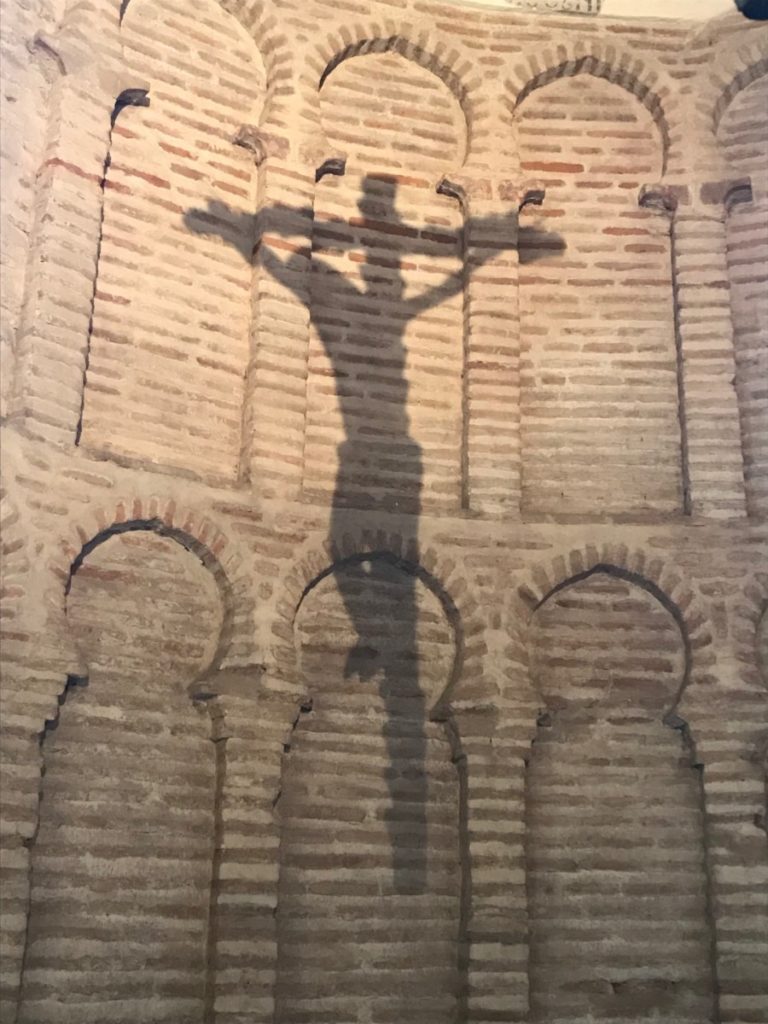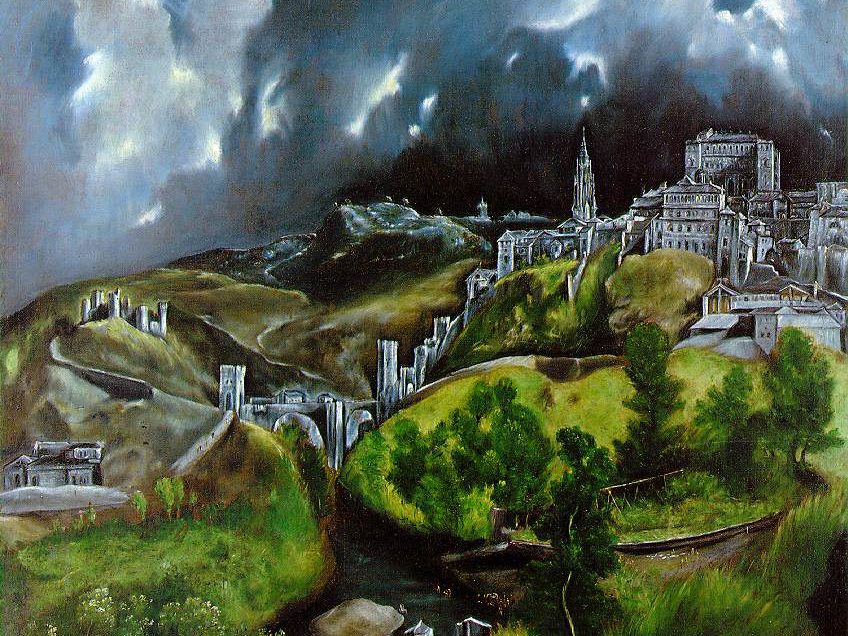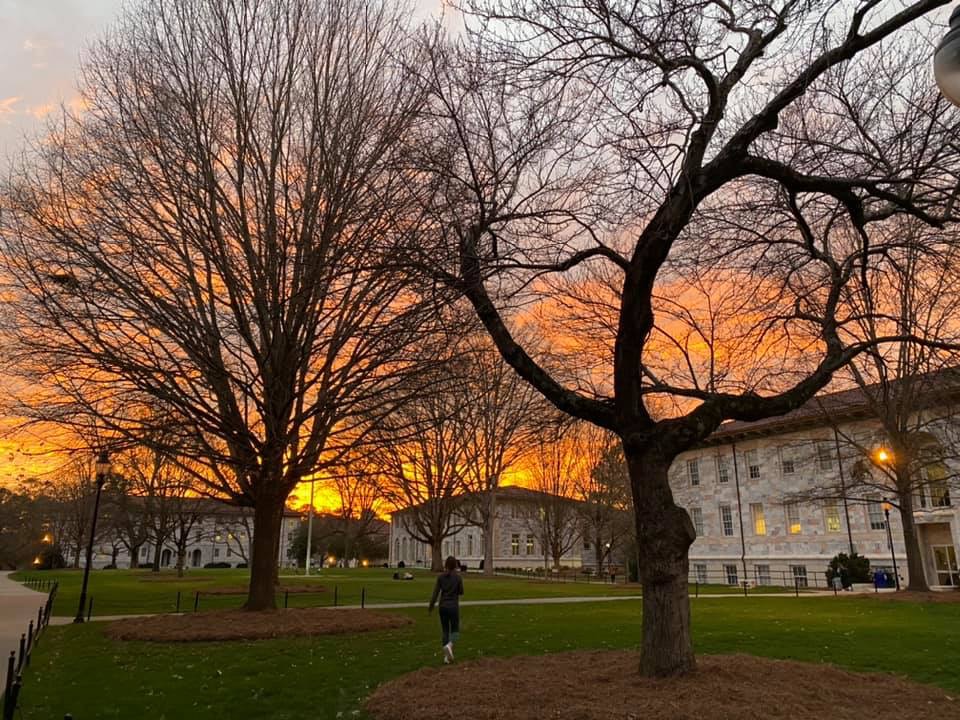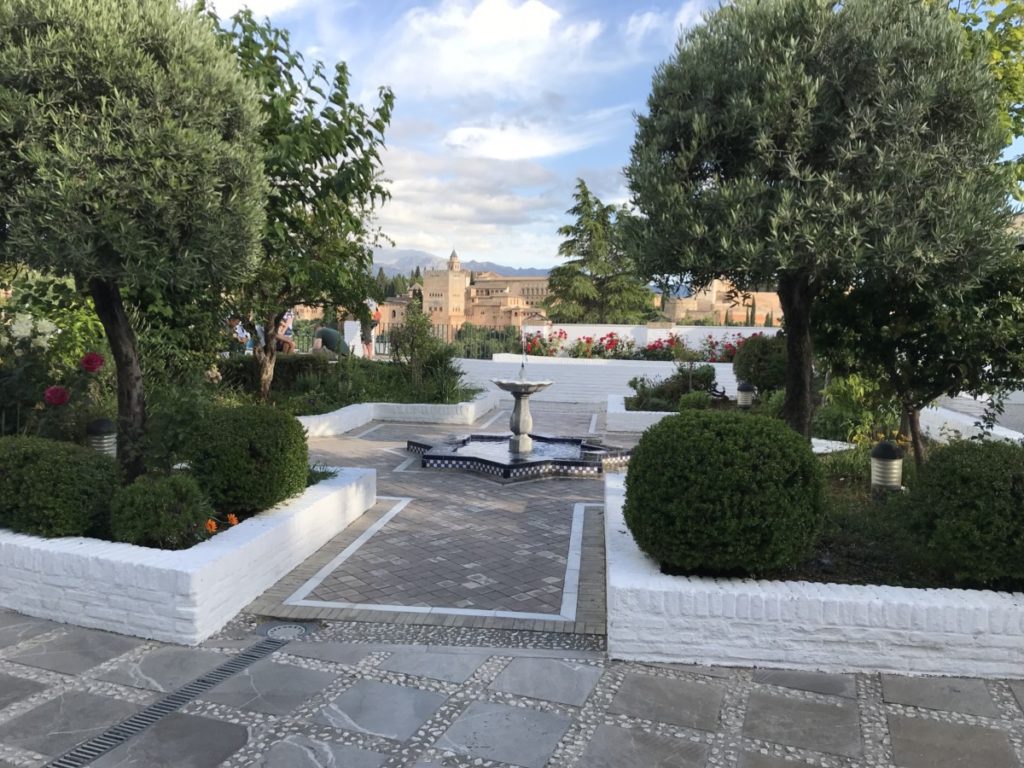This week we discussed Moten’s idea of the uncommons and Warren’s arguments on ontological terror. The key learning objective was to establish the centrality of blackness in reading religious texts, to shift the marginality of blackness when reading religious texts. With the readings, we engaged means and ways of belief, relationality, the need to destroy the category of Being, anihilation, faith, science, metaphysics, fugitivity, imagery, pessimism, terror, hope, spirit, emancipation, creativity, containerization, and worldviews, among others, in order to understand the importance of both that centrality, and the urgency of that shift.

By Sunday evening, please post your brief comment on this week’s readings and discussion.



